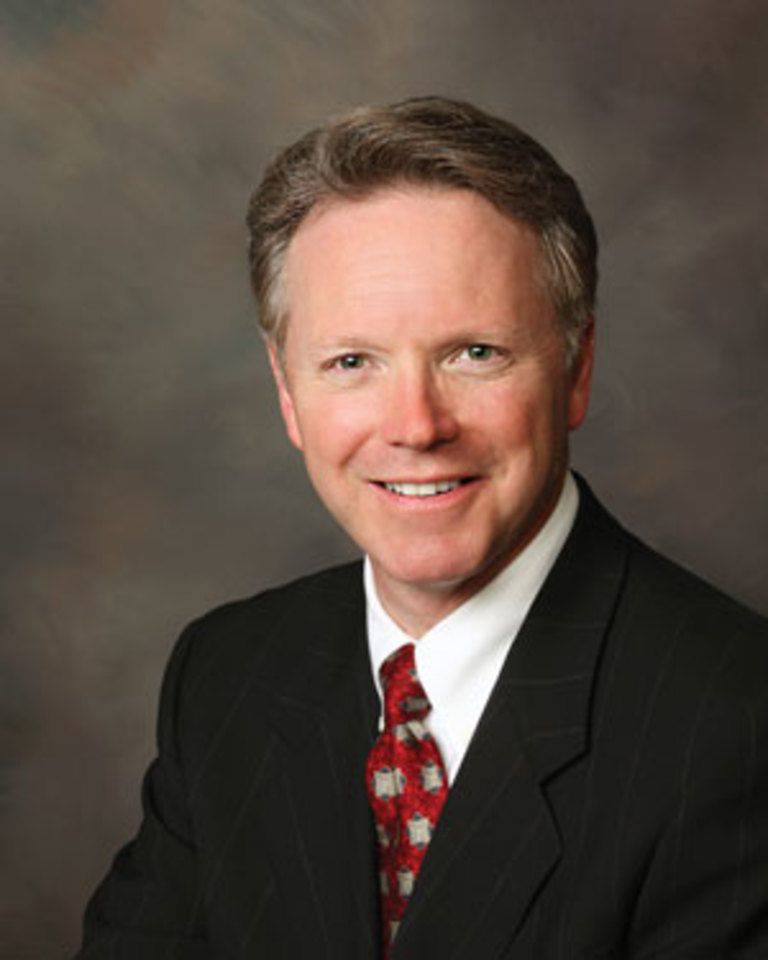With the 2013 commencement ceremony, Alumni Weekend and early summer alumni gatherings now in the books, it seems we have recently had tremendous opportunities to hear stories of the way Bethel College changes lives – stories have been filled with examples of how Bethel has impacted many alumni in ways they could never have imagined while they were students. Yet somehow these stories, and the value of a liberal arts college education, seem notably absent in the national dialogue regarding higher education.
While that dialogue – driven primarily by politics and the media – is focused predominately on the topics of jobs and the economy, it has been my experience that there seems to be a significant disconnect between what our politicians are asking for from higher education and what employers feel they need.
Over the course of the past few months, we have been fortunate to have had many opportunities to engage with employers both on a local and national level. What these employers continue to tell me is that they need graduates who are self-starters with an innate curiosity to become lifelong learners.
If our educational system doesn’t instill those characteristics in our students, industry leaders must do it on their own, and most employers I’ve spoken with do not want to take on that additional responsibility. While they firmly understand that they will have to teach each new employee the specific job as they wish to see it accomplished, they also realize they do not have the time to teach critical thinking, adaptability and flexibility. As one employer shared with me: The job is going to evolve. I need employees who come with the skill set to evolve with it.
As Karl Fisch said, now, more than ever, Our educational system must prepare students for jobs that don’t yet exist, using technologies that haven’t been invented, in order to solve problems that we don’t even know we have.
Certainly a knowledge base is important and Bethel faculty are as current in preparing students as any around the country. Furthermore, many of Bethel’s faculty employ a wide variety of curricular delivery methods you read about – MOOCs, flipped classrooms, online learning and so on. The sage on the stage
method of teaching is as dead here as it is anywhere.
However, what has not died is our commitment to challenge students to think for themselves and to engage them with tough questions – questions of ethics, values, morality and spirituality; questions that can’t truly be engaged by a machine or in large lecture hall settings. Real relationship still matters at Bethel.
So with authors such as Andrew Delbanco, whose book College: What it Was, Is and Should Be makes a strong a case for the value of an experience like Bethel, I believe it is time for us to take up the charge and tell the stories that give credence to his thesis and give voice to the notion that colleges like Bethel still matter.
What I would like to ask from you is help collecting concrete examples of the value of the liberal arts experience. Therefore, I ask that you send me your stories of how Bethel College changed your life. Tell me how a book you read in a class, perhaps unrelated to your vocation, affected you later in life; how a relationship with a faculty member led you to discover a life calling; how living in a residence hall allowed you to find a lifelong friend. Whatever it is, send it to me. Help me gather the stories of how one small college in the middle of Kansas has been changing lives for more than 125 years.
Please send your stories to:
President’s Office Bethel College300 East 27th Street
North Newton, KS 67117
Or via e-mail to: pwhite@bethelks.edu.

